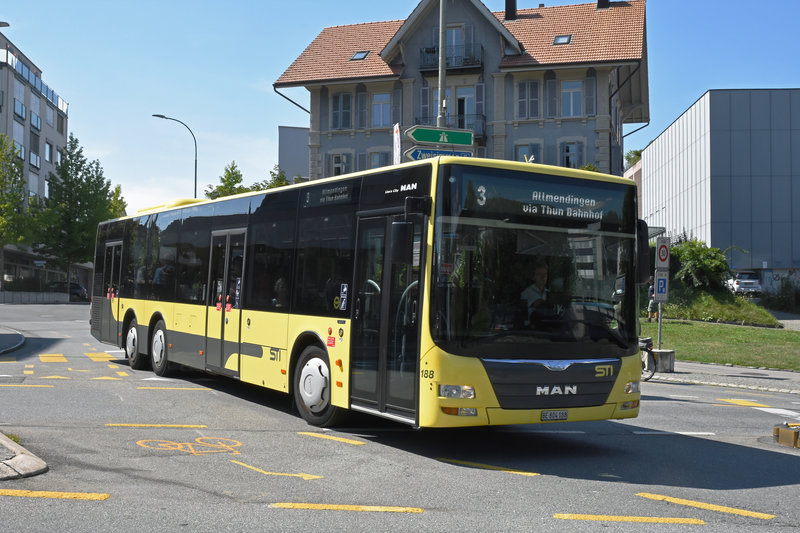Exploring the Evolving Role of Men in Modern Society

Introduction
The role of men in contemporary society has become a subject of significant discussion and analysis. As gender norms evolve and societal expectations shift, understanding the evolving identity and responsibilities of men is crucial. This topic not only affects individual lives but also impacts family dynamics, workplaces, and social structures.
Changing Perceptions of Masculinity
Traditionally, masculinity has been associated with traits such as strength, independence, and stoicism. However, recent years have witnessed a transformation in these perceptions. Modern discussions surrounding gender equality and inclusivity have encouraged men to embrace a broader spectrum of emotions and roles. Today, men are increasingly seen as nurturers, caregivers, and active participants in household responsibilities, challenging long-standing stereotypes.
Impact of Gender Roles on Men
The pressure to conform to traditional masculine norms can lead to stress and mental health issues. A survey conducted by the Men’s Health Forum in 2023 highlighted that 1 in 5 men reported feeling pressured to display toughness and self-reliance, often leading to isolation or reluctance to seek help. Initiatives promoting mental health awareness among men are gaining traction, encouraging open dialogue about vulnerability and emotional well-being.
Men in the Workplace
The workplace is another arena experiencing change concerning men’s roles. As organisations strive for diversity and inclusion, there is a growing acknowledgment of the need for fair parental leave policies and mentorship opportunities for men in traditionally female-dominated professions. Studies indicate that workplaces that promote equal sharing of domestic responsibilities among both men and women witness improved employee satisfaction and productivity levels.
Conclusion
The evolving role of men in society reflects broader societal changes regarding gender roles and expectations. As men navigate these transformations, it is vital for them to redefine their identities while advocating for equality within all spheres of life. This shift carries significant implications for future generations, shaping how boys grow up and perceive their roles within the family and society at large. Continued conversations around these issues will play a critical role in fostering a more inclusive environment for everyone.








